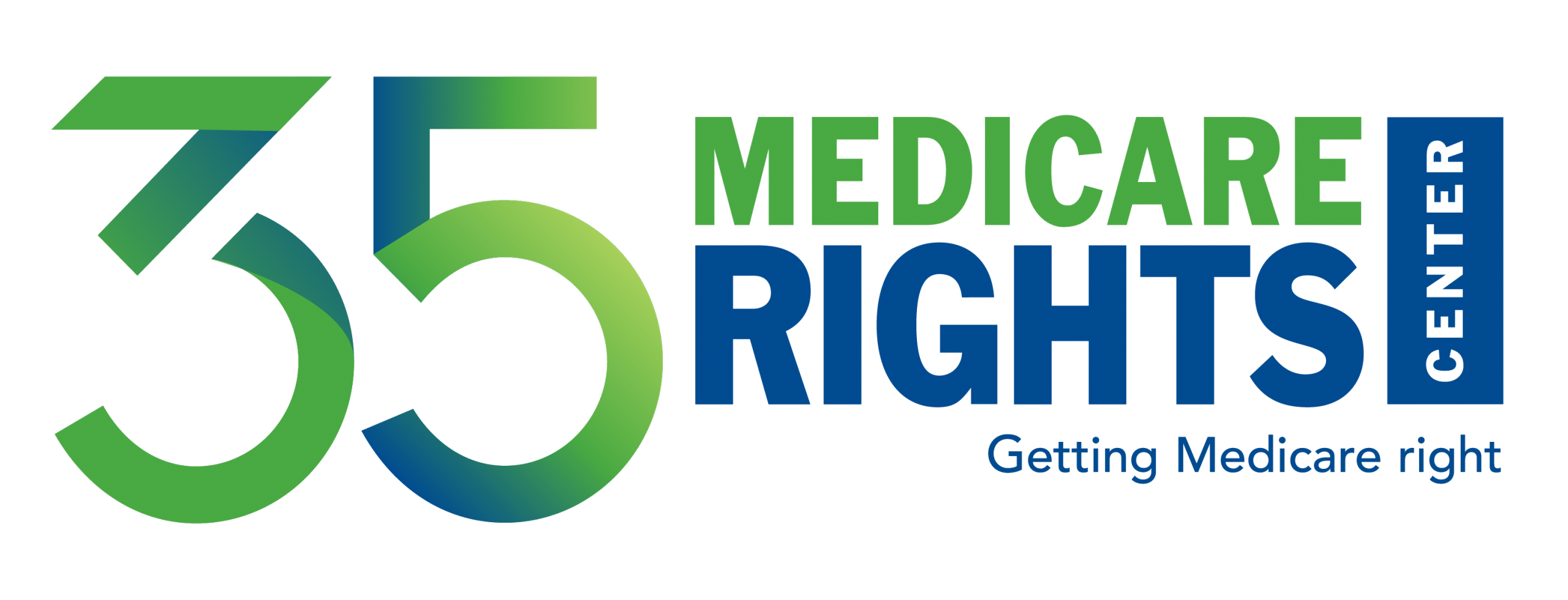News
100 National Organizations Urge Congress to Reject Radical Changes to Medicaid
100 National Organizations Urge Congress to Reject Radical Changes to Medicaid
–Advocates Oppose Medicaid Block Grants and Per Capita Caps–
Washington, DC—Today, the Medicare Rights Center, Justice in Aging, the Center for Medicare Advocacy, and 97 other national organizations sent a letter to Congressional leadership expressing grave concerns with proposals that would radically change Medicaid—a vital safety net that provides quality health care and services for millions of Americans, including 10 million older adults and people with disabilities who are eligible for both Medicaid and Medicare.
Recent proposals put forward in Congress would completely restructure Medicaid’s finances, eligibility, and availability. Two ways of restructuring the program have risen to prominence: block grants and per-capita caps. While the precise workings of these proposals differ, both are designed to reduce federal support to state Medicaid programs. Cutting federal dollars will inevitably lead to fewer people covered, fewer services available, and higher health care costs for low-income families—putting older adults, people with disabilities, and their families at risk.
“Block grants and per capita caps are nothing more than cuts to Medicaid, reducing the dollars flowing to the states, rationing access to needed care, and threatening job opportunities and growth. These proposals are not focused on improving the Medicaid program, but instead put reducing federal spending over families’ needs. Therefore, we urge you to reject these structural changes to this vital safety net program,” the letter cautions.
“Medicaid caps are a Medicare cut—pure and simple. Block grants and per-capita caps threaten access to vital programs that help low-income older adults and people with disabilities afford their Medicare costs,” said Joe Baker, president of the Medicare Rights Center. “With this help, people with Medicare can stretch already limited incomes to buy groceries, pay rent, heat their homes, and meet other basic needs. Capping Medicaid could quickly impoverish people with Medicare already struggling to make ends meet.”
“The destructive cuts to Medicaid that Congressional leaders plan will unfairly target older Americans who struggle to make ends meet,” said Kevin Prindiville, executive director of Justice in Aging. “They may be unable to visit their doctors, receive life-saving preventive care, or get the help they need to age at home and in their communities safely and in dignity.”
Judith Stein, executive director of the Center for Medicare Advocacy, said, “Plans to cap Medicaid are driven by a desire to reduce federal support for low-income families and shift costs—not power—to states. Recent Medicaid proposals would hurt almost 1 in 5 families. States would get less Medicaid funding and, inevitably, provide less health coverage. Vulnerable children, people with disabilities, and older people will be disproportionately harmed. We hope thinking and caring leaders will oppose this regressive, national tragedy.”
Contact: Mitchell Clark – mclark@medicarerights.org – 212-204-6286
____________________________
The Medicare Rights Center is a national, nonprofit consumer service organization that works to ensure access to affordable health care for older adults and people with disabilities through counseling and advocacy, educational programs and public policy initiatives.
Justice in Aging is a national non-profit legal advocacy organization that fights senior poverty through law. Formerly the National Senior Citizens Law Center, since 1972 we’ve worked for access to affordable health care and economic security for older adults with limited resources, focusing especially on populations that have traditionally lacked legal protection such as women, people of color, LGBT individuals, and people with limited English proficiency.
The Center for Medicare Advocacy, Inc., established in 1986, is a national nonprofit, nonpartisan law organization that provides education, advocacy and legal assistance to help older people and people with disabilities obtain fair access to Medicare and quality health care. The Center is headquartered in Connecticut and Washington, DC with offices throughout the country.
–end–
Media Inquiries
pressoffice@medicarerights.org
Recent News
About Medicare Rights
Learn More

